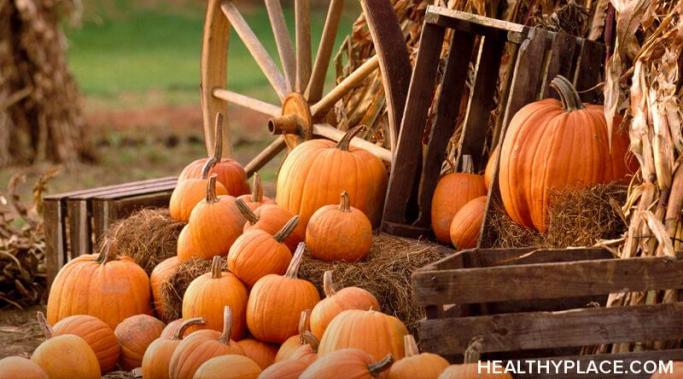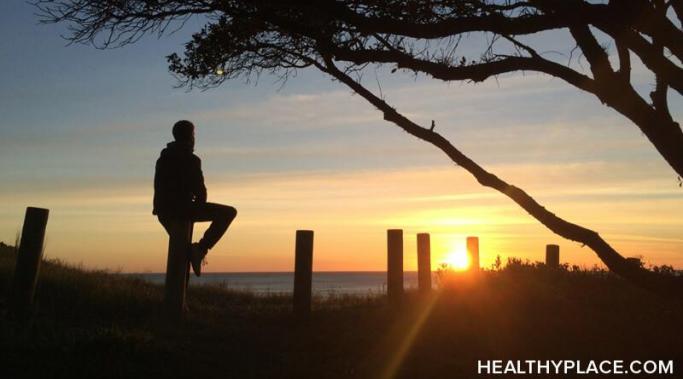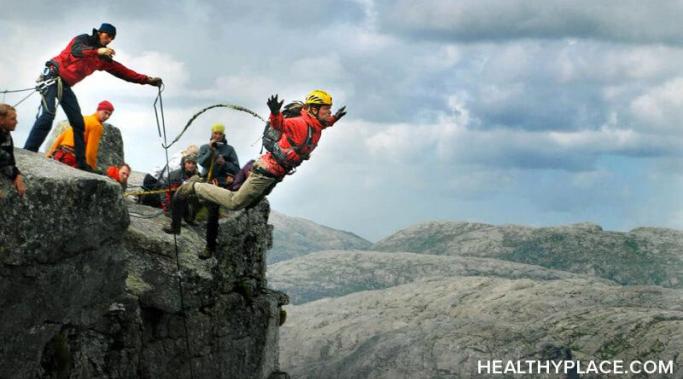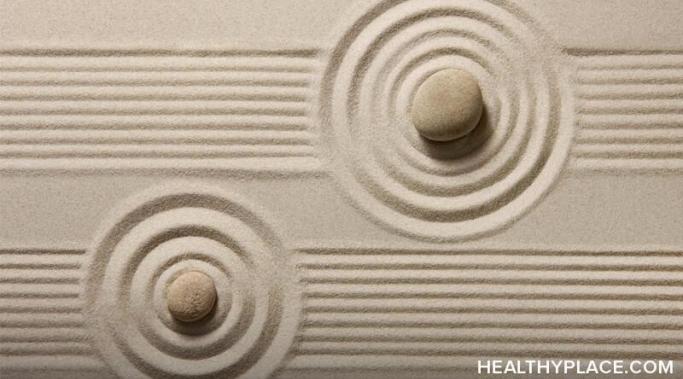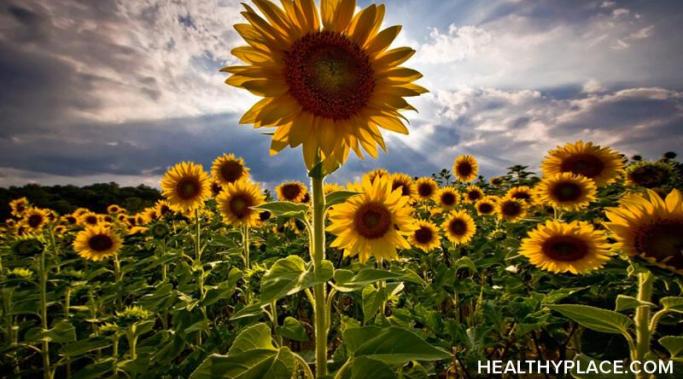As autumn — or fall — arrives after the scorching summer, I gladly welcome it as the season of gratitude. Whether it's the feeling of relief as the oppressive heat and humidity fade away or eager anticipation of the seasonal foods that become available, it always fills me with an overwhelming sense of appreciation. For me, fall is the season of gratitude.
Appreciation
Change can be powerful. Finding ourselves stuck in a rut, unable to see any alternative to our current situation, can lead to frustration and dissatisfaction. Could bringing joy and mental refreshment back into our lives be as simple as shaking up our daily routine and embracing the power of change?
I like to avoid tense situations in my everyday life. I enjoy living in a peaceful, harmonious, and stable society. Yet tense situations are an inescapable part of nature. Life-or-death struggles are ever-present, whether fighting over territory, for a mate, searching for food, or avoiding being eaten. In an increasingly civilized world, can intentionally engaging in tense and stressful situations benefit our experience of bliss?
As Japan's unique culture continues to gain interest worldwide, many previously unknown aspects of Japanese life are now much more widely understood. At one end is its distinctive pop culture. On the other are its traditional philosophical concepts related to mindfulness, simplicity, and the inherent power of nature. These aspects of Japan's unique culture have undoubtedly played a pivotal role in helping me create a blissful life.
For Mother's Day, I asked my mom what my post this week should be about. She loves to give advice, and I figured a fresh perspective would brighten my writing. When she immediately suggested I write about gardening, I decided to run with "planting happiness."
With the rise of "main character energy" in the post-pandemic, there's been a lot of buzz over the past few years over the notion of "romanticizing your life." In short, this idea urges you to fall in love with your own existence the same way you might fall in love with another person. A simple Google search yields list upon list of ways you can do this. This content is fun and zesty but ultimately flawed. Approaching your romance with yourself with dos and don'ts is as effective as wooing a crush by giving them a handbook. True romance is spontaneous and melting, not structured and task-oriented. If you're interested in romanticizing your life, there's a simpler way.
In a perfect world, it would be nice to avoid adversity altogether, but unfortunately, everybody has to face unfavorable circumstances at some point. However, dwelling on adversity only leads to dismay, and focusing on the potential positive outcomes in any situation is much more likely to work in your favor.
An idea that I keep returning to with my journey toward a happier life is looking for joy in situations that aren't typically very joyful. I'm sure you've heard the phrase, "Hard work is its own reward," but what does that mean? How can something that you loathe doing be in any way rewarding? How can you look for joy there?
I believe that January offers the stillness necessary for revivification, and because of this, I've gotten into the habit the past couple of years of using the month as a true reset. I am especially thrilled about this opportunity this year. I ended 2022 not with a bang nor a fizzle but with a nagging cold, a shoulder injury, and a sub-par attitude. I'd like to share with you today my intentions around the new year to amend these physical and psychic wrongs.
The best gifts don't come in prettily-wrapped packages. The best gifts aren't found under the tree. The best gifts are things we experience all year long.
